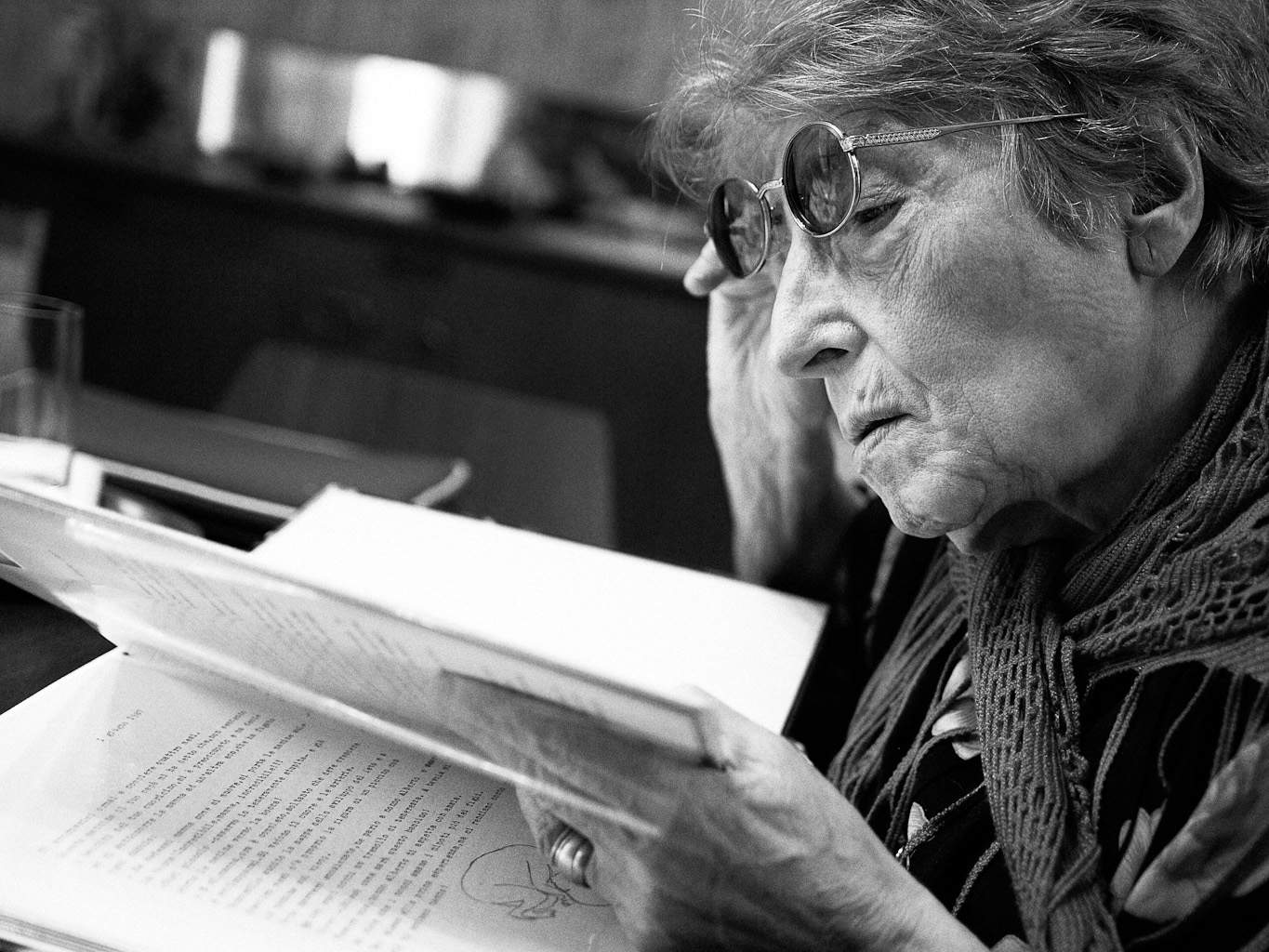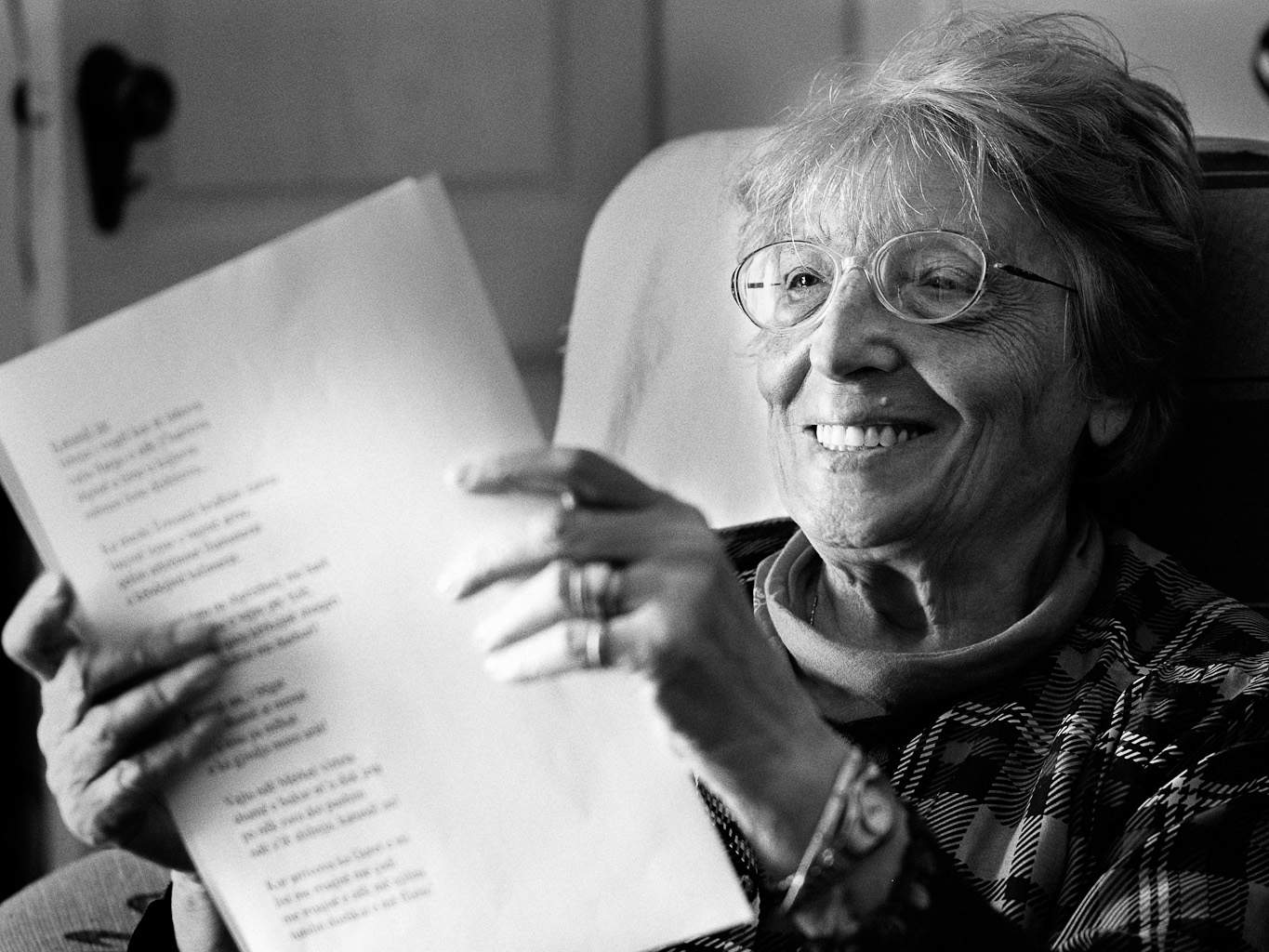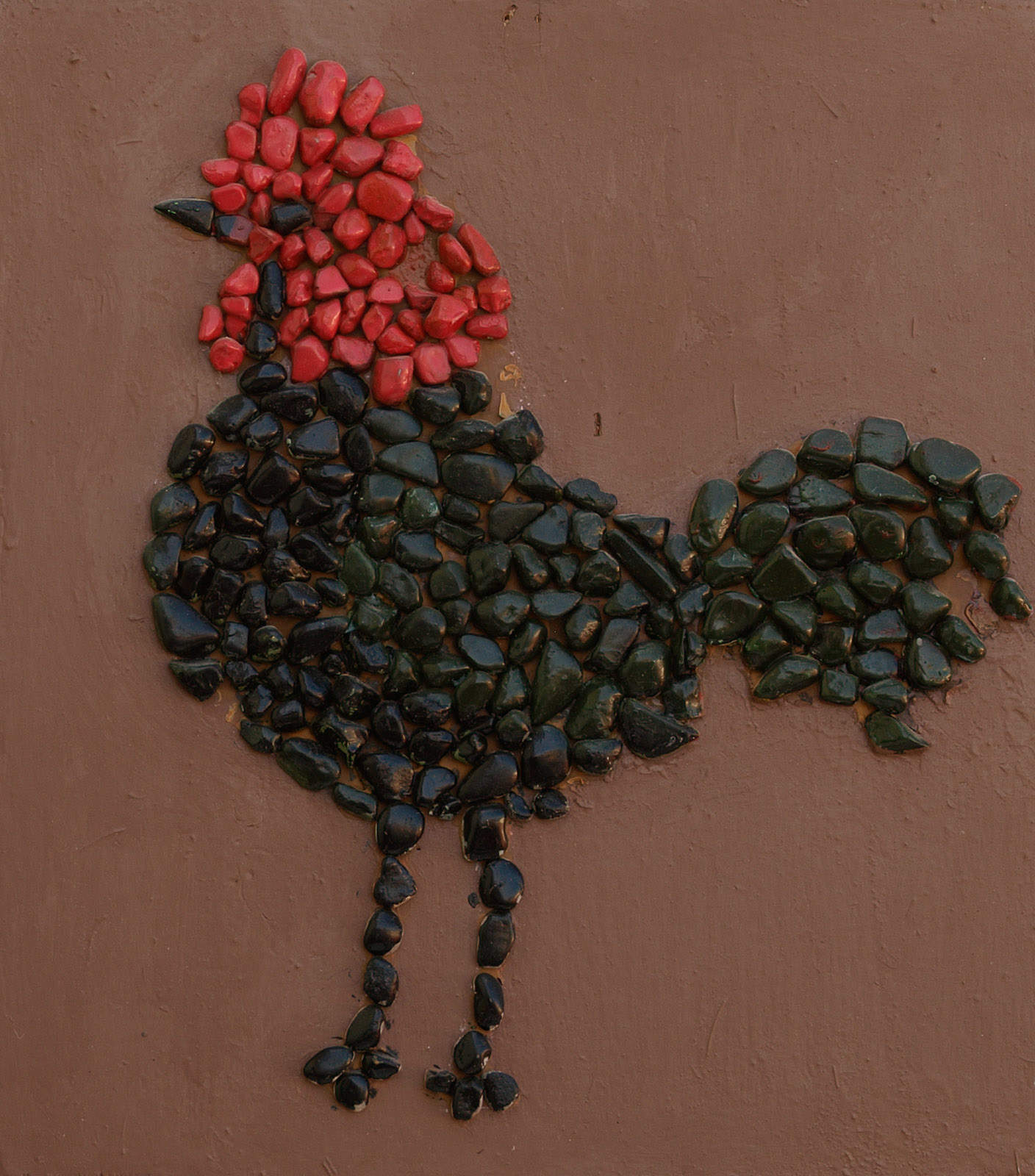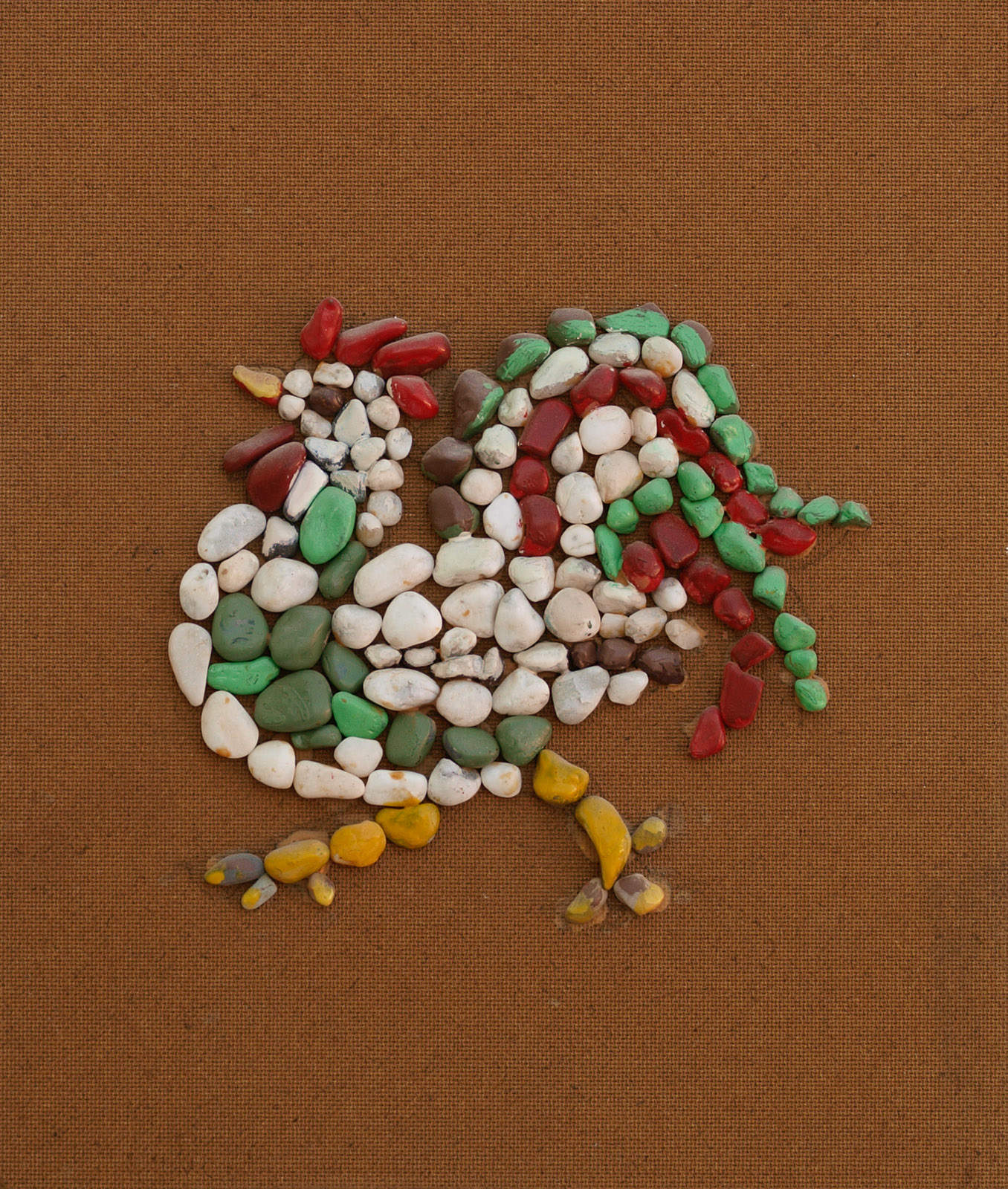Enza Scutari (Vincenzina Cetera in the civil records) was one of the most significant contemporary voices in the arbëresh culture. She was born in Farneta Castroregio (Cosenza) in 1926, and was mainly linked to the community of S. Costantino Albanese (Potenza), where she lived and worked for over forty years. She was a poet and writer, using both Arbëresh and in Italian language; she translated poems by Neruda, García Lorca and Ungaretti from Italian and Spanish into arbëresh languages, and has received significant recognition (as the Prize of Culture of the Italian Presidenza del Consiglio). Her poetic journey is closely interwoven with her strong literary interests, the religious faith, and other forms of artistic expression, such as painting and music; moreover, it is connected with the educational activities as teacher (at the primary school of S. Costantino) which was for her a real life mission. Enza Scutari died in Padua on July 16, 2020.
Enza Scutari – Photos by Lorenzo Ferrarini
Enza Scutari constitutes a case study from an interdisciplinary percpective; the core of her poetic activity, situated at the border between literacy and orality and characterized by multiple layers of language and culture, may be extended to visual sound creative aspects.
Visual compositions of Enza Scutari
In the years 2008-2010, the LEAV has promoted a project about Enza Scutari, in collaboration with the Department of Linguistics and the Center of the Albanian Language University (directed by Prof. Alexander Rusakov), in St. Petersburg, as part of the agreement between the University of Milan and the State University of St. Petersburg; the research benefited of the fundamental support of the Department of Linguistics, University of Calabria, that is an essential place for all activities relating to the arbëresh culture, thanks to the intense activities promoted by Professor Francesco Altimari.
As a first concrete result is the book with music CD Lule Sheshi / Fiori di prato. Omaggio all’arte poetica di Enza Scutari [Lule Sheshi / Meadow Flowers. A Homage to Enza Scutari’s Poetry] edited by Alexandra Nikolskaya and Nicola Scaldaferri, with contributions from Francesco Altimari, Anna D’Amato and Carlo Serra. This book is a first attempt to rebuild the multiple levels of the poetic activity of Enza Scutari, focusing especially on the connections with music aspects. Moreover, it was an opportunity for the two editors, Nikolskaya and Scaldaferri, who are musicians as well, to set a collaborative project where their scholarly research is connected with their musical activity.
Sounds documents: Enza Scutari reads her poems
Texts
Katundi im (My Village)
Vit vit pas vit (Year after Year)
From the bilingual series Lule shtogu (Flowers of Elder)
Come un filo di fumo (Like a Wisp of Smoke)
L’impronta di Dio (The Imprint of God)
From the translations into arbëresh of the poems by Federico García Lorca and Pablo Neruda
Prej – Hacia
Rrëxhina – La Reina
From the CD Lule Sheshi (Meadow Flowers)
Maçia e mitë (The Cat and the Mice) – Text
Music by Nicola Scaldaferri; voice: Alexandra Nikolskaya; violin: Kristina Mirkovic; trumpet: Raffaele Köhler; bouzouki: Francesco Motta; accordion: Armando Illario; piano: Nicola Scaldaferri; percussions: Antonio Pani
Çë m’pe ti zog sod (What You Saw Bird) – Text
Traditional song; female voices: Pina Magnocavallo, Dina Iannibelli and Pina Ciminelli
Texts
Complete catalogue: the literary works of Enza Scutari
Complete version of the text by Anna D’Amato: In viaggio con la mia “quasi maestra”
From the essay by Carlo Serra: Far nascere immagini, distillando versi: l’avventura poetica di Enza Scutari
Albanian version of the article by A. Nikolskaya: Vëzhgime prozodike dhe fonetiko-fonologjike mbi poezinë arbëreshe e Enca Skutari
Article by N. Scaldaferri: La versificazione tradizionale arbëreshe
Three conversations from Intervista impossibile… (Tagore, Hölderlin e De Rada)
Manuscripts
Vit vit pas vit
Neruda sonetto VII
Enza Scutari reads her poems





